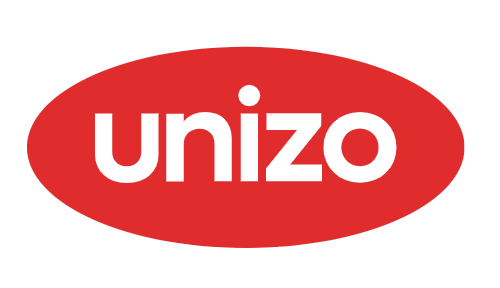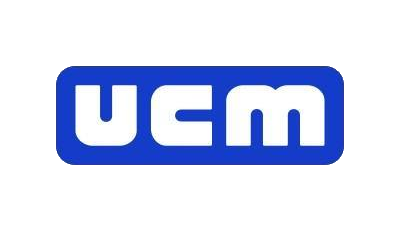The tax aspects of a legal transaction are not always easy to grasp, and yet they are so essential! The following table summarises the main tax rules applicable to business transfers (company shares and business assets).
Note: this refers to intra-Belgian transactions, i.e. where the company, the transferor and the buyer are all Belgian.
There are two ways to transfer a business
In order to determine which tax regime applies to your transfer, two factors must be taken into account:
- The purpose of the sale. Do you want to transfer the shares of a company or just the business assets? In the first case, the buyer takes over all the company's assets and liabilities; in the second, the seller and buyer agree on what is to be transferred together.
- The nature of the seller. Is the business (company or business assets) to be transferred owned by a company or an individual?
What tax system applies in my situation?
Now that you've determined the nature of the seller and the transaction, simply refer to the table below to find out the taxation that generally applies to the transaction you have in mind.
Please note that certain exceptions may apply - these are not listed in the table below. Contact a tax expert to help you understand all the tax aspects of your transaction (for example, you can contact a transfer consultant or a transfer support structure).
Taxation from the seller's perspective |
||
|
|
Transfer of business assets |
Transfer of company (shares) |
Seller = Company |
The capital gain is taxed at the corporation tax rate. There are, however, mechanisms for reducing the tax burden (e.g. staggered taxation).
|
Exemption from capital gains tax if 3 conditions are met:
If the conditions are not met, taxation will be at the corporation tax rate
|
Seller = Natural person |
Capital gains are taxed as personal income tax (at the time the price claim arises - even if the price is paid at a later date). There are, however, mechanisms for reducing the tax burden (e.g. staggered taxation). Exception:
|
The capital gain on the shares sold is tax-exempt (as it is considered to be part of the normal management of private assets). Exceptions:
|
Taxation from the buyer's perspective |
||
|
|
Transfer of business assets |
Transfer of company (shares) |
Buyer = Company |
Amortisation of the various components making up the transfer.
Registration duties on real estate sold.
|
No amortisation of the value of shares purchased.
Impairments or capital losses on shares are not deductible (except in the event of liquidation). In principle, no registration duties are due on real estate owned by the transferred company. |
Buyer = Natural person |
Amortisation of the various components making up the transfer.
Registration duties on real estate sold.
|
No amortisation of the value of shares purchased.
No registration duties are due on real estate owned by the transferred company. |
Gift/Inheritance
As regards the transfer of a company by gift or inheritance, we refer you to the fiscalite.brussels website, which sets out the applicable tax legislation.
Who can help me ?



